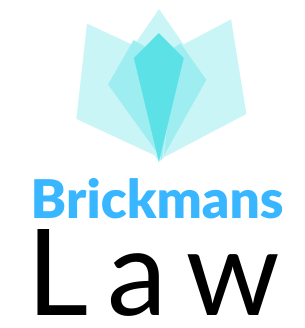Gender And Age Discrimination Under Nigerian Employment Laws – Are There Adequate Protections Under Our Laws?
It is unarguable that the labour force is still rife with several discriminatory practices. Among the several forms of discrimination, two major forms of discrimination that stands out are gender and age discrimination and they are both prevalent in Nigeria. Since one of the sustainable development goals of the UN before 2030 is to reduce…
